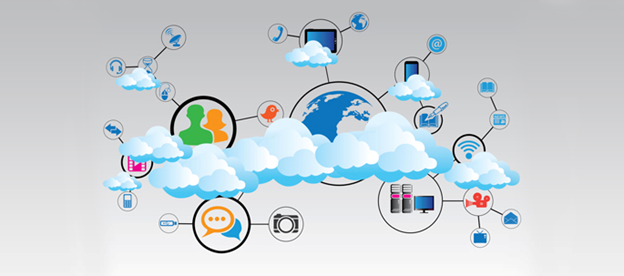In recent years, many people were not aware what cloud computing was all about. Basically, what many people knew was that their data had to be stored or saved in a hardware device they should have with them. This is why many companies invested in server operations to manage data.
Meanwhile, cloud computing is not something new. It already existed since the early 90’s. However, its popularity started just recently as nowadays, more and more companies and businesses are shifting to cloud-based platforms and services. This is because cloud computing offers many advantages over on-premises systems.
Cloud services provide convenience because company managers and entrepreneurs don’t have to operate their own servers to manage data. Moreover, cloud computing is much cheaper for many occasions. There are a lot more benefits you can enjoy by using cloud services, but it also has challenges to face.
To give you a better idea, here are some of the challenges that cloud service development face with small businesses right now.
Six Challenges of Cloud Service Development
-
Dependence on Cloud Vendors
The concept behind cloud computing is to let your data be managed in the cloud by cloud vendors or service providers. The purpose is to reduce the workload and hassles of maintaining on-premises data-management systems.
Because of this, companies will depend heavily on the service provider for maintenance. The only problem is that you don’t have any control if the vendor faces some issues.
-
Choosing the Proper Cloud Setup
The question is not about which set up between on-premises and cloud-based systems is better. The real challenge begins in choosing the right cloud setup. Cloud computing has three setups:
- Private
- Public
- Hybrid
The benefits you will get from cloud computing will actually depend on your selection. Choosing the wrong setup may become disadvantageous to your business.
-
Integration Issue
Shifting from on-premises data-management system to cloud-based system requires integration, and this is not an easy task. There are many things to consider and prepare; furthermore, the process becomes daunting depending upon the size of data and networks.
To reduce these related issues, companies should also outsource some of their cloud integration services to professional companies to help them make this process easier.
-
Bandwidth Cost
Cloud computing is cheaper if the application is small, and the data is less complex. However, the bandwidth cost becomes higher and higher if the system becomes more and more complex.
Small companies may initially benefit from it, but as they grow, they will need to invest more in the bandwidth cost.
-
Security and Privacy Issues
Since your data is managed in the cloud all your information and data are exposed to cloud vendors and operators whom you can’t see and monitor. Although most cloud service providers are trusted, there is still risks that your data may be used by unscrupulous operators.
-
Accessibility
Cloud services are supposed to be accessible on demand. In fact, this is one of the benefits why many companies shift to cloud computing.
However, there is no guaranty it will never experience downtime since cloud vendors also have to maintain their servers. On top of that, bugs, glitches, and outages are still issues that need to be addressed.
Conclusion
There is no question that cloud computing is the future of data-management. Challenges will always be there as cloud computing continues to develop and improve, but that doesn’t mean cloud technology will stop developing. Nevertheless, entrepreneurs should also be wise in choosing the best cloud services for their business.

